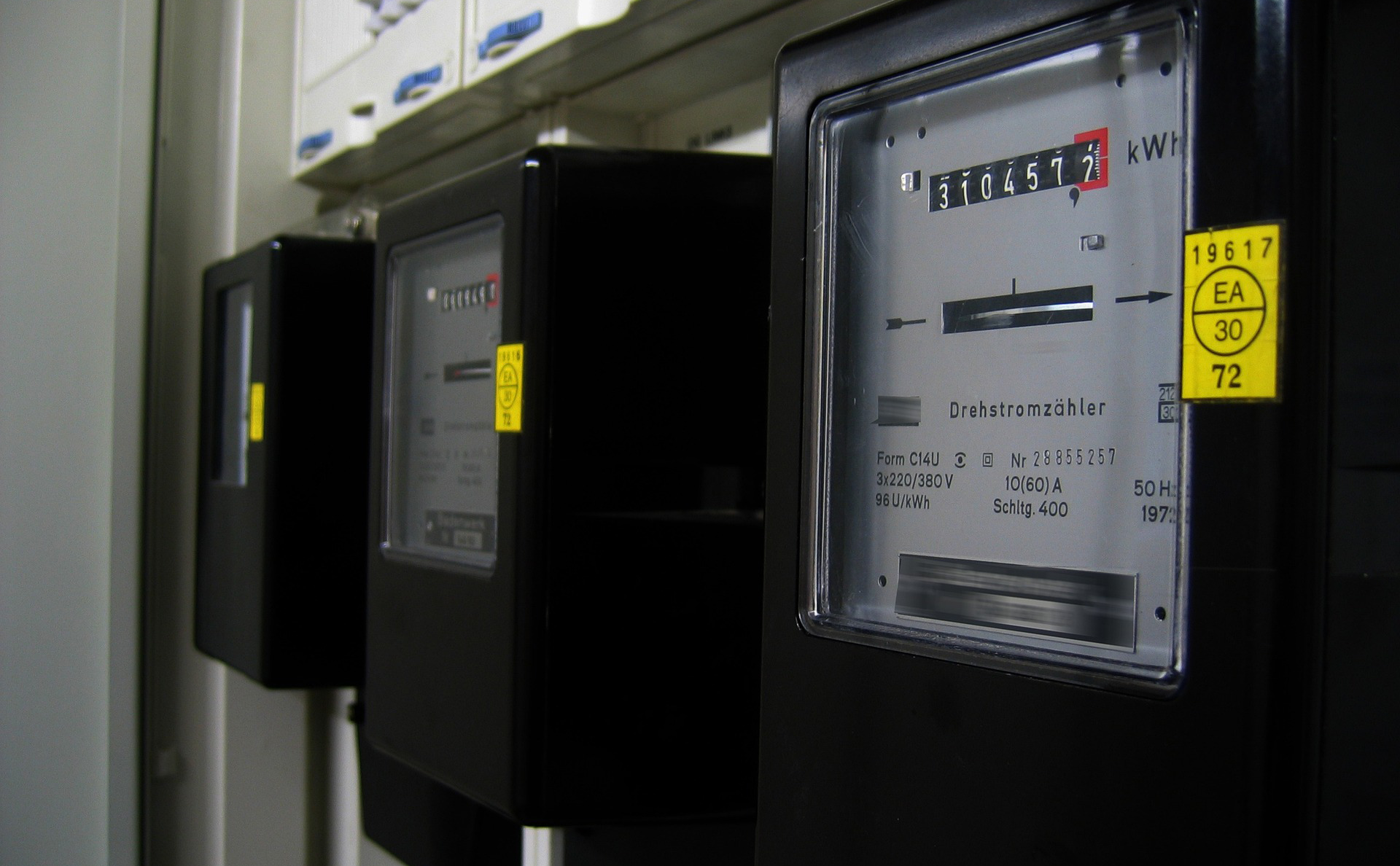“Man kann sagen, das ist hier ein Doppelwumms.” (You could say this is a double whammy.) Who remembers these legendary words from our German chancellor last September? With this questionable choice of words, the traffic light coalition announced the gas and electricity price brakes. It was clear early on that this enormous intervention in the market would be viewed critically from many sides. However, politicians decided to turn a blind eye and excuse everything with the enormous time pressure that prevails in such crises. It is now becoming increasingly clear that this decision was based on “double madness” rather than “double whammy”.
The cause
In order to understand the entire development, it is worth taking a look at the history of the electricity and gas market in Germany.
Years ago, the state shaped short-term thinking electricity and gas suppliers by intervening incorrectly in the supposed deregulation of the markets. Suddenly there was no longer any need for a grid or a real trading unit to sell electricity or gas to end customers. This deregulation made it easy to become an electricity or gas provider without any major hurdles, just as was previously the case in the telecommunications market with DSL providers. And many took advantage of these opportunities. However, because these providers did not know exactly what customer base they would be able to build up in one or two years, they did not buy long-term quotas for the time being, but instead stocked up on the short-term market and made bets. A game that only works as long as everything runs “smoothly”. As soon as the market becomes unstable, problems arise – as was the case at the beginning of 2022 with the start of the war in Ukraine.
The problems on the gas and electricity market led to enormous fluctuations, which had to be passed on directly to the consumer due to the previous deregulation of the markets. This triggered outrage and subsequent political steps, such as the electricity and gas price brakes.
What is behind this?
The price regulation through the electricity and gas price brake has now been in force since 1 March 2023 and even retroactively for the first two months of the year. The state is thus capping the electricity price at 40 cents per kWh and the gas price at 12 cents per kWh. This regulation is initially planned until the end of April 2024.
The consequences
And what are the consequences of these developments and regulations? In a panic, many people signed electricity contracts last year at prices above 60 or 70 cents, with minimum terms of one year or longer. It’s not so bad, because the state pays the difference and protects us.
If you take a look at the comparison portals now, you will find the cheap prices below the price brakes. However, these bargains are currently only available for 12-month contracts, and if you want a price guarantee, you will of course pay more.
The reputable suppliers with low prices and short minimum contract terms do not pay sales commissions to the comparison portals, as they are usually not traders but municipal utilities or larger energy suppliers with their own production or at least with many years of trading and market experience.
With our system, we are therefore rewarding the short-term and fast-acting electricity and gas traders, who should deregulate the market, and helping them to receive guaranteed income paid by the state.
The reality
If we take a look at the current situation, it’s almost dizzying: Anyone looking for a new supplier and comparing prices today, i.e. shortly after the electricity and gas price brakes came into effect, will find that there are easily over 20 suppliers from whom you can buy gas for less than 12 cents and electricity for well under 40 cents per KWh.
The “double whammy” and thus the gas and electricity price brakes were therefore completely pointless. The market has long since calmed down again and prices have normalized.
Irresponsibility as a way of life
Why are we teaching people immaturity and irresponsibility as a way of life? Why don’t journalists write about the advantages of our western free economic system?
I am shocked and stunned at the same time at how little intellectual initiative has played a role in this discourse and how trapped most people are in their systems. We are too comfortable to get upset about these things and change something because we are still well-off enough not to have to really worry about the price of electricity and gas.
More trust in the market
We should trust the markets more, and by that I also mean politics. A society in which citizens immediately cry out for the state in a crisis cannot be successful in the long term. Why does the state have to constantly intervene?
Of course, some may want to explain it with social reasons. And of course – there will definitely be people who are hit hard by such a price increase. But what argument do well-trained journalists use to fuel the debate by dragging precisely these people and households in extreme situations in front of the cameras and putting them in the spotlight? The sad truth: out of quota pressure and economic cluelessness.
We must provide social assistance so that no one is left alone in such situations. But why do we need a law that further strangles and regulates the entire electricity and gas market – for all of us? And why are politicians getting involved in this game instead of relying on the markets and reputable electricity and gas suppliers? Here, too, the reason can unfortunately be formulated briefly and succinctly: populism and a false understanding of what politics and laws are capable of achieving and how these resources can be put to better use.
The consequences of this step will cost the state and therefore all of us a lot of money and weaken the electricity and gas market.



